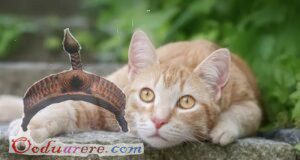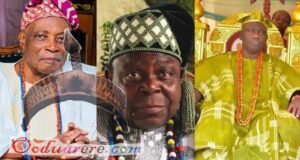UOP LLC, a wholly-owned subsidiary of Honeywell International Incorporated, on Wednesday said its process technology, catalysts and proprietary equipment would form the basis for Dangote’s refinery, the largest refinery in Africa that is targeted at reducing Nigeria’s dependence on imported fuels and petrochemicals.
Africa’s richest man and President, Dangote Group, Alhaji Aliko Dangote, had in March announced that his oil refinery would process 650,000 barrels per day of crude, up from the 450,000bpd initially planned.
The completion of the plant, expected to come on stream in 2017, will see Nigeria having the largest refinery in Africa.
Dangote Oil Refining Company selected UOP technology for a world-scale integrated refinery and petrochemical plant to be built in Lekki, Lagos, said Honeywell in a statement on its website.
Nigeria, Africa’s top oil producer with the second largest amount of proven oil reserves on the continent, currently imports most of its refined product requirements due to lack of domestic refining capacity.
The Senior Vice President and General Manager, UOP’s Process, Technology and Equipment business, Pete Piotrowski, was quoted as saying, “UOP has been designing state-of-the-art refineries and petrochemical plants for more than a century; so, we are well-equipped to help Nigeria develop a massive new installation to meet its domestic needs.
“This project will enable Dangote to improve Nigeria’s oil refining capabilities, reduce the country’s dependence on imports, and work to revive and transform the Nigerian economy.”
 Ọmọ Oòduà Naija Gist | News From Nigeria | Entertainment gist Nigeria|Networking|News.. Visit for Nigeria breaking news , Nigerian Movies , Naija music , Jobs In Nigeria , Naija News , Nollywood, Gist and more
Ọmọ Oòduà Naija Gist | News From Nigeria | Entertainment gist Nigeria|Networking|News.. Visit for Nigeria breaking news , Nigerian Movies , Naija music , Jobs In Nigeria , Naija News , Nollywood, Gist and more









